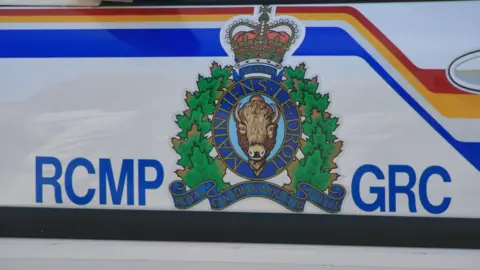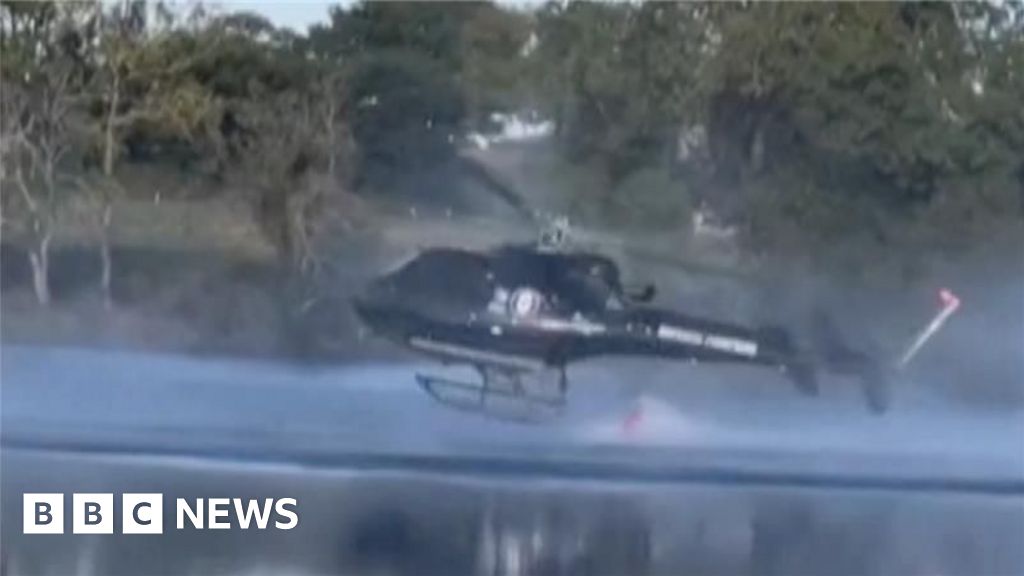The government of Manitoba has issued a state of emergency as more than 100 active wildfires threaten the central Canadian province, marking a worrying trend as the area is on course for the highest land burned since 1994. As of Friday, roughly 2.5 million acres had already succumbed to flames this year, according to a briefing released by provincial authorities. Alarmingly, several fires are currently classified as out of control, leading to growing concerns across the region.
This summer, rising temperatures have intensified the traditional wildfire season—which typically spans from March through October. The majority of these fires are ignited by lightning strikes, with severe thunderstorm warnings already issued for Winnipeg, the provincial capital. The situation has escalated quickly; over the past few days, mandatory evacuation orders have been enforced for nine communities, including Snow Lake and Garden Hill First Nation.
Provincial Premier Wab Kinew remarked on the need for a state of emergency, emphasizing the necessity for adequate shelter for the thousands of Canadians displaced by the natural disaster. In a recent evacuation, over 4,000 residents from the Garden Hill reservation were relocated to facilities in Winnipeg, such as the Billy Mosienko Arena and RBC Convention Center. Additionally, federal resources, including an air force plane, have been deployed to assist with the evacuation efforts.
Kinew highlighted the international dimension of the catastrophe, noting that American firefighters have come to assist in combating the wildfires. He expressed frustration towards U.S. Congress members who have accused the Canadian government of failing to manage the crisis effectively. Specifically, six Republican representatives from Minnesota and Wisconsin issued a plea for relief and intervention due to the smoke and ash from the wildfires affecting their states' summer activities. Kinew criticized this political maneuvering, stating it detracted from the lives lost and the dire humanitarian needs stemming from the crisis.
Earlier in May, Kinew had already declared a state of emergency as wildfires resulted in two fatalities and forced 30,000 residents to evacuate in both Manitoba and neighboring Saskatchewan. The escalating situation underscores the urgent need for coordinated disaster management strategies in light of increasingly severe wildfire seasons attributed to climate change.
This summer, rising temperatures have intensified the traditional wildfire season—which typically spans from March through October. The majority of these fires are ignited by lightning strikes, with severe thunderstorm warnings already issued for Winnipeg, the provincial capital. The situation has escalated quickly; over the past few days, mandatory evacuation orders have been enforced for nine communities, including Snow Lake and Garden Hill First Nation.
Provincial Premier Wab Kinew remarked on the need for a state of emergency, emphasizing the necessity for adequate shelter for the thousands of Canadians displaced by the natural disaster. In a recent evacuation, over 4,000 residents from the Garden Hill reservation were relocated to facilities in Winnipeg, such as the Billy Mosienko Arena and RBC Convention Center. Additionally, federal resources, including an air force plane, have been deployed to assist with the evacuation efforts.
Kinew highlighted the international dimension of the catastrophe, noting that American firefighters have come to assist in combating the wildfires. He expressed frustration towards U.S. Congress members who have accused the Canadian government of failing to manage the crisis effectively. Specifically, six Republican representatives from Minnesota and Wisconsin issued a plea for relief and intervention due to the smoke and ash from the wildfires affecting their states' summer activities. Kinew criticized this political maneuvering, stating it detracted from the lives lost and the dire humanitarian needs stemming from the crisis.
Earlier in May, Kinew had already declared a state of emergency as wildfires resulted in two fatalities and forced 30,000 residents to evacuate in both Manitoba and neighboring Saskatchewan. The escalating situation underscores the urgent need for coordinated disaster management strategies in light of increasingly severe wildfire seasons attributed to climate change.



















